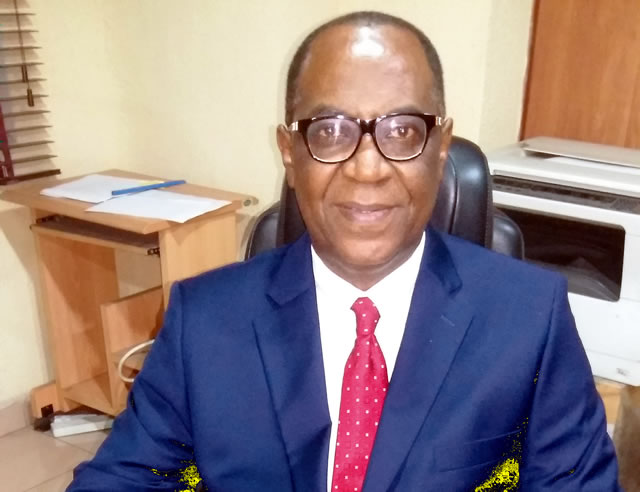
A Lagos-based lawyer, Prof. Taiwo Osipitan, SAN, on Wednesday said a candidate doesn’t need to score 25 per cent of votes cast in the Federal Capital Territory to emerge winner of the country’s presidential election.
He explained that winning the FCT was not a requirement to emerge as Nigeria’s president.
Osipitan , who quoted Section 134, subsection 2, of the 199 Constitution, states that, “A candidate for an election to the office of President shall be deemed to have been duly elected where, there being more than two candidates for the election- (a) he has the highest number of votes cast at the election; and (b) he has not less than one-quarter of the votes cast at the election each of at least two-thirds of all the states in the Federation and the Federal Capital Territory, Abuja.
The failure of one candidate to fulfill this requirement will make the election on February 25 inconclusive, and INEC will have to conduct a Run Off (second election) within 21 days from the date of the declaration of the results for the first round of the election.
There were discussions on votes garnered by the presidential candidates in the FCT before the candidate of the All Progressives Congress, Bola Tinubu, won the election.
Speaking on the issue, Professor Osipitan in a statement contended that a candidate can be declared winner of a presidential election in Nigeria without necessarily scoring up to 25 percent of votes cast in the Federal Capital Territory.
He said “Section 134 of the 1999 constitution has suddenly occupied the centre stage in the decision on who should be declared as the winner of the presidential election. The pith of the controversy is whether in determining the required spread of two-thirds of the states of the Federation the FCT is to be included or excluded.
“It is being contested that a candidate who, for example, scores at least 25 per cent of votes cast in 25 or more states of the Federation and has the highest number of votes must still score not less than 25 per cent of the votes cast in the Federal Capital Territory.
“I am of the opinion that the FCT is part of the two-third spread contemplated in section 134 of the constitution. The word which appears immediately after the word federation and before the Federal Capital Territory co-joins FCT with the states to make FCT part of the two-third spread.
“Had the word featured immediately after the word and in the section, the argument of proponents of separate treatment of FCT may have been stronger. It seems to me that proponents of separate treatment of FCT are interpreting section 134 of the constitution in isolation of other relevant provisions of the same constitution,” he added.
According to him, the Federal Capital Territory is like a state but definitely not a state, but the federal capital.
He further stated that “It is not the capital of any state the way Ikeja served as the capital of Lagos State when Lagos was the nation’s capital.
“FCT has no state or deputy state governor. The executive powers of FCT vest in Mr President. FCT also has no separate legislative body. The National Assembly legislates for FCT. FCT is also not one of the 36 states of the federation listed in section 3(1) of the 1999 constitution.”





